Development discourse had a spectacular and long career. But the rarely comes across a short overview of this in non-technical language intelligible to scholars from different disciplines, policy makers, bureaucrats and concerned citizens. This book which constitutes the texts of three lectures delivered by a sociologist fills this gap. Tracing the conceptual history of the discourse on development the author locates the cognitive blackouts’ common to all the approaches to development namely, disparity, displacement, distress and discrimination and suggests that to remedy this deficit we need to put development pluralism on the agenda. This is the argument of lecture I. Development is intended to address deprivation. Paradoxically the ongoing process of ‘development’ not only deepened but also widened deprivation. The explanation of this paradox is sought in terms of the changing structure of deprivation and the new victims produced by the successive social revolutions. The need to stress the dialectical interwining between the nature of the system and the unfolding deprivation is highlighted in lecture II. Lecture III critically examines the two routes prescribed to get out of the impasse created by development. Through an examination of the role of technology in human lives it has been demonstrated that technology has been both an oppressor and an emancipator. Therefore, technological pluralism which recognizes different levels of technology appropriate for different context and sectors in the way out. After unfolding the inherent contradictions contained in viewing ‘development as freedom’, it is suggested that for rapid material development freedom may have to be restricted at the initial stage but for sustaining high quality of life in the long run freedom is an imperative.
ABOUT THE AUTHOR T.K. Oommen
Prof. T.K. Oommen is an eminent Social Scientist and so far the only scholar from Asia and Africa to have been elected to the position of President (1990-94), International Sociological Association (ISA), a fifty-year old UNESCO-sponsored world body of Sociologists. He was the Secretary-General of the XI World Congress of Sociology, the quadrennial Congress of the ISA, held in New Delhi in 1986. Pro. Oommen was also the President of the Indian Sociological Society during 1998-1999. Prof. Oommen authored/edited 18 books and over 100 research papers in top professional journals, both Indian and international. His recent books include: Citizenship, Nationality and Ethnicity, Polity Press, Cambridge, 1997; Equality, Identity and Pluralism, Oxford University Press, 2002; and Nation, Civil Society and Social Movements, Sage Publication, 2004. He has been given three prestigious awards-the V.K.R.V. Rao prize in Sociology (1981); the G.S. Ghurye award in Sociology and Social Anthropology (1985) and the Swami Pranavananda Award for Sociology (1997) in recognition of his professional contributions. An internationally reputed scholar, Prof. Oommen was invited to be a visiting Professor/Fellow at: Department of Sociology, University of California Berkeley (U.S.A.), Fall 1990; Maison des Sciences de L'homme, Paris (France), June-July 1992; Wissenshaftszentrum Berlin, May-July 1993 and June 1994; Research School of Social Sciences, Australian National University, Canberra, Australia, December 1993; institute of Advanced Studies, Bdapest, Hungary, October 1994-July 1995; Institute of Advanced Studies, Uppsala, Sweden, January-June 1998. Professor Oommen started his academic career in 1964 as a faculty member of Delhi University, joined Jawaharlal Nehru University as Associate Professor in 1971. He became a full Professor in 1976 and retired from JNU in October 2002. At present Professor Oommen is Chair, Non-traditional Security, Delhi Policy group; Chair, Schumacher Centre, Delhi; Chair, Programme Advisory Group, Gujarat Harmony Project, CARE India, New Delhi and President, Forum for India and European Union.

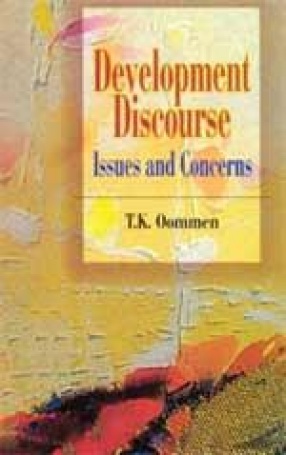
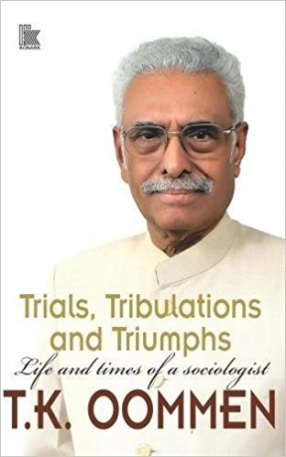
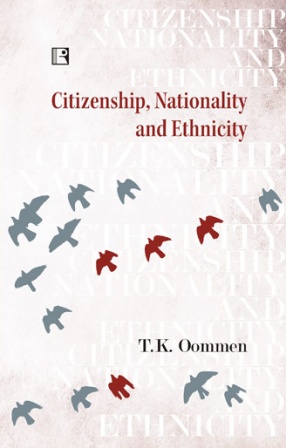
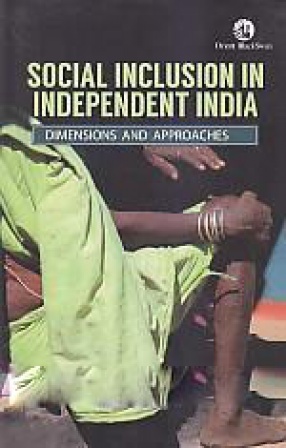
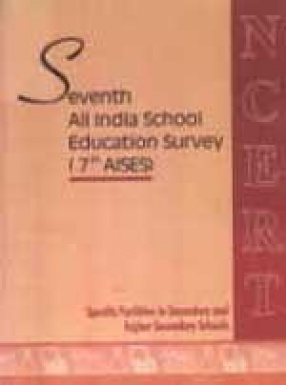

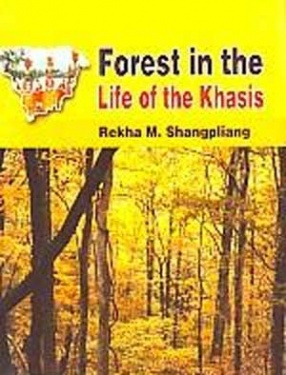
There are no reviews yet.